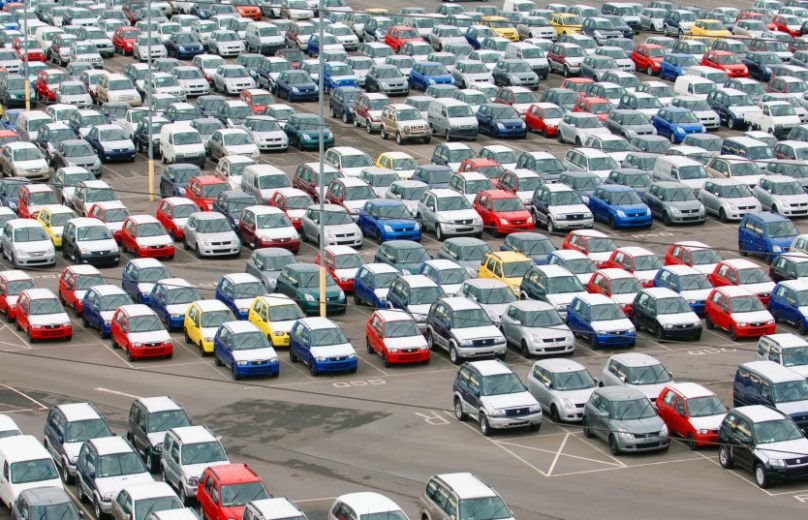
The European Union (EU) has announced a new law to effectively ban the sale of new diesel and petrol vehicles from 2035.
This is the latest effort from the EU to accelerate the switch to electric vehicles (EVs) and tackle climate change.
New laws passed in European Parliament in Brussels, Belgium stated that carmakers must achieve a 100% cut in C02 emissions by the 2025 deadline – meaning that the 27 member states would no longer be able to sell internal combustion engined vehicles.
The deal also stated that there would be a 55% cut in emissions for new petrol and diesel cars from 2030 to 2025. This was drastically increased from the previous laws stating that there would need to be a 37.5% reduction during this time period.
Regarding vans in the EU, there is also a law stating that there needs to be 100% cut in C02 by 2035 – but also a 50% cut between 2030 and 2035.
Smaller vehicle manufacturers can negotiate for weaker targets until 2036, but then must achieve the EU’s net zero targets stated in the new laws.
The law changes were announced after negotiations between the European Parliament and European Council.
European Parliament's lead negotiator Jan Huitema said: “This deal is good news for car drivers... new zero-emission cars will become cheaper, making them more affordable and more accessible to everyone.”
EU climate policy chief Frans Timmermans continued: “Europe is embracing the shift to zero-emission mobility.”
Timmermans believed that the agreement sent a strong signal to the continent about the changes – and its importance to the wider industry and consumers across Europe.
This is the latest development in the EU’s aim of achieving Net Zero emissions, and funding will remain in place to aid the industry in its transition.
According to recent reports, the incentive mechanism for zero and low-emission vehicles will be revised in the near future. This is because the EU wants to be able to bring more affordable zero-emissions cars to market, and make them more attractive for its citizens.
There will also be further revisions to the existing rules around labelling of fuel economy and C02 emissions for cars in the EU. This is due to take place in 2024.
Meanwhile, in the UK, the 2030 bans on the sale of diesel and petrol cars got the go ahead earlier this month, despite the many challenges that the industry has faced in recent years.
Transport Secretary, Anne-Marie Trevelyan, approved the announcement despite parts shortages impacting all manufactures, as well as many potential customers still not being ready for the switch.
Like the EU announcement, the UK Government’s aim is to help the UK meet its aim of reaching net-zero greenhouse gas emissions by 2050. Next month, the new Euro 7 Emissions Standards will be released further adding to the developments within the industry.
Earlier this month, the RAC called on the Government to address several key issues affecting drivers today – including aid in the ongoing effort to transition to EVs.